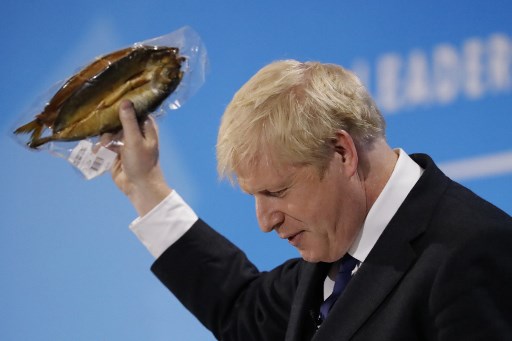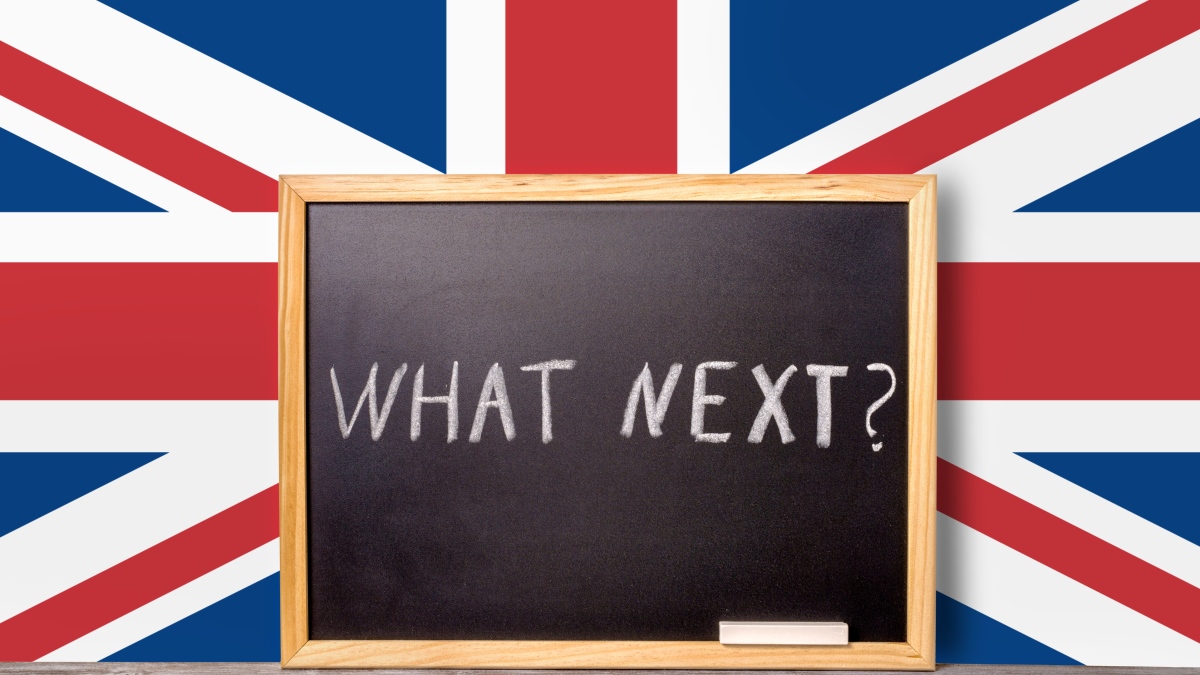Sue Wilson analyses the latest round of post-Brexit trade negotiations and the obvious need for an extension to the transition period.
A further round of trade negotiations between the UK and EU ended on Friday, without any noticeable progress.
The talks were described as “tetchy” and “disruptive” and Michel Barnier, the European Commission’s chief negotiator, said the UK was still wanting the “best of both worlds”.
Midweek, an unnamed EU source again raised the possibility of an extension to the transition period.
The source claimed that the UK could still secure an extension, even if it didn’t ask for one. All that’s required is for both sides to agree to extend, rather than requiring a formal request from the UK. Unsurprisingly, the UK government is sticking to its position that the transition will end on 31 December, with or without a trade deal.
Although the talks have largely been over key issues, such as fishing policy or maintaining a level playing field on standards, the rights of citizens were also discussed.
Against the background of legal action by the EU against the UK government over EU citizens’ rights, the minister for the cabinet office, Michael Gove, hit back on Thursday. In a letter to European Commission vice president, Maros Sefcovic, Gove said there was a “serious risk” that the EU would be in breach of its obligations under the terms of the Withdrawal Agreement (WA).
You can read the article in full at The Local.







